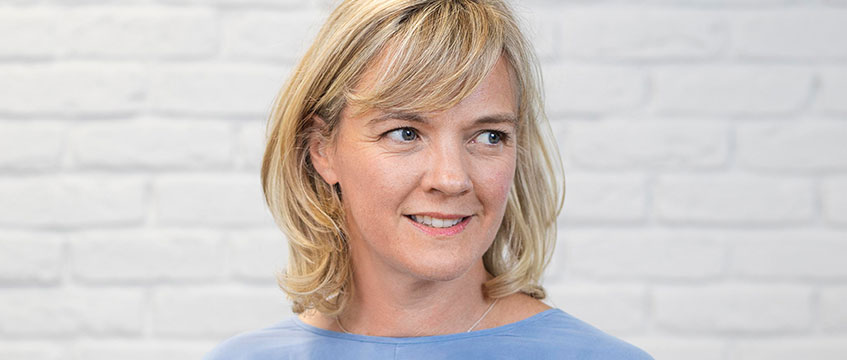LISTEN: Over the course of 12 months, Manchester-based regional developer Bruntwood managed to reduce its gender pay gap from 16% to 10% – a big move that looks even more impressive given that EG’s last analysis of the sector showed an average pay gap of 35%.
EG caught up with Bruntwood’s director of strategy, Jessica Bowles, to find out how the company has shrunk its pay gap and what role the ethos of the business has to play in making it a diverse, inclusive and fair place to work.
“We’re really proud of where we are now in gender pay gap terms,” says Bowles. “It’s come down from 16% last year to 10% this year, and we are determined to get it to zero. We know that is challenging, but it is where we want to be and it is our clear ambition.”
Bowles says the numbers revealed in gender pay gap reporting have given the company real focus and have shown it how far it has come and how, with some extra targeting, it can go much further.
This should be about the whole business, recognising the value of each other and thinking about how we make it the best place to work for all people
Some of that targeting will be around bonuses, which is where Bruntwood sees its biggest gender gap.
“Bonuses were typically around large commercial transactions and completions of construction projects, which are areas in the business that have more men than women in them,” says Bowles.
That means that, if Bruntwood is serious about reducing the pay gap to zero, it needs to find a way to make bonus payments more balanced.
Bowles says the business wants to find a structure that “rewards people across the business for their contributions to our success, which go way beyond just the deal or end of the construction of the building and recognise all the contributions that are made to those projects”.
The power of collaboration
It is not an easy task, however, and one that takes time, investment and a whole lot of effort.
Bowles says that Bruntwood spends a lot of time thinking about the future direction of the business and how to work together in collaborative ways and the impact that has on attracting talent to the firm.
“What we’re seeing with young people coming into our business is that they are looking for something bigger than just making money for someone and just making money for shareholders,” she says. “We’ve done quite a lot of work around understanding more deeply diversity and inclusion within the business, and I really believe that this is more than a numbers game. The inclusion bit of diversity is really important.
“You need to have a broad base of people who think and look different, and come to a business from different places and different backgrounds, but you also need to create an environment where people can give their best, and that is about inclusion. That bit is where you really unlock potential and talent.”
For Bowles, Bruntwood’s success in reducing its gender pay gap has come from seeing pay gap reporting as an opportunity for unleashing talent in the business – and not just female talent.
“We took the decision that this should not become a women’s project, a women’s issue and a women’s problem,” says Bowles. “This should be about the whole business, recognising the value of each other and thinking about how we make it the best place to work for all people.”
To send feedback, e-mail samantha.mcclary@egi.co.uk or tweet @samanthamcclary or @estatesgazette











